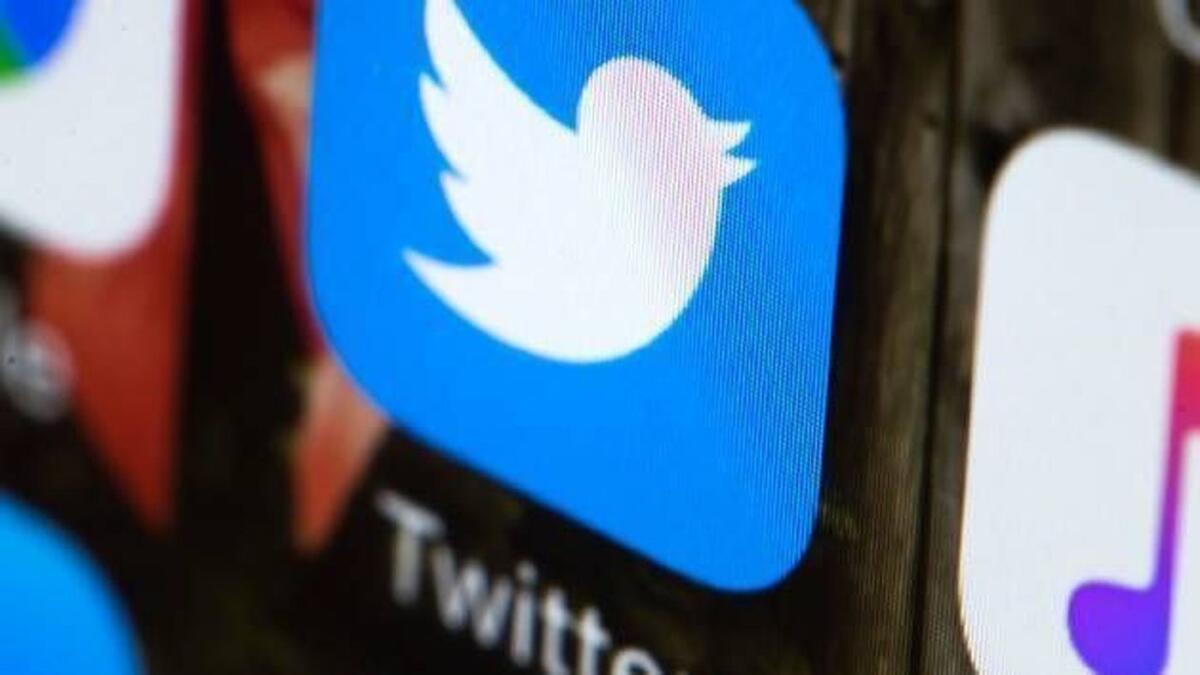Editorial: The legislator and the Twitter trolls

- Share via
State Sen. Richard Pan (D-Sacramento) has been a target of vaccine skeptics since he first proposed SB 277, which abolished the “personal belief exemption” to the requirement that public school children must be vaccinated. This was in 2015, shortly after a measles outbreak among children who had been to Disneyland revealed big gaps in immunization rates.
During legislative hearings, Pan and other legislators who supported the bill were subject to vicious verbal, email and online attacks, which included death threats, from people who believe, despite the lack of supporting scientific data, that vaccinations cause autism and a variety of other ailments.
It’s all nonsense, of course, and the bill passed as it needed to. Happily, the state’s childhood vaccination rates have increased in the years since then, bringing California closer to the all-important “herd immunity” level that guards against outbreaks and protects even those too sick to get immunized.
Any site in which Pan engages with the public is inextricably intertwined with his role as a lawmaker.
Yet three years later, anti-vaxxers, as they have become known, were still relentlessly trolling Pan. They mocked and insulted him on social media and they circulated online cartoons depicting him as a deranged killer wielding a hypodermic or in a Nazi uniform with an Adolf Hitler-style mustache. Pretty nasty stuff, and beyond that, the legislator (who is also a pediatrician) was concerned that his feed was being used by the trolls to peddle their crackpot theories to a larger audience.
So Pan started blocking the worst of the lot from viewing or replying to tweets from @DrPanMD. Twitter developed the blocking feature to promote civil debate and allow regular users to avoid harassment.
The problem is that Pan is not a regular person but a legislator, and now he’s being sued by two of the people he blocked. The women, A. Suzanne Rummel and Marlene Burkitt, are making the same 1st Amendment argument made by the seven people who sued President Trump last year for blocking them on Twitter. At that time, The Times editorial board wrote that blocking people was childish and inappropriate, but probably not a violation of anyone’s constitutional rights. A U.S. District Court judge disagreed, saying that the social media platform functioned as a “designated public forum.”
The case is under appeal and the issue is still not settled. But it bears repeating that elected officials should be very careful how they use social media. Yes, there are big differences between how Trump and Pan use both Twitter and the blocking tool. Pan doesn’t communicate his core policies on social media — for that, he gives speeches and issues press releases, like a normal politician. Nor does he pick fights on Twitter. He mostly uses the account to share innocuous links to stories about public health news, and notices about events like World Breastfeeding Awareness Week. He notes that this is a non-state account.
On the other hand, he is a legislator and there is something unsettling about the idea that he would block certain members of the public from hearing what he has to say or from expressing disagreement.
Enter the Fray: First takes on the news of the minute from L.A. Times Opinion »
We understand Pan’s frustration. Just one misinformed or malicious person can do serious damage to an otherwise civil forum. And as a doctor Pan must feel a responsibility not to help disseminate bad, even dangerous, information.
But any site in which he engages with the public is inextricably intertwined with his role as a lawmaker.
Ultimately, a judge will decide if Pan has the right to use the Twitter blocking tool. And we hope that Twitter and other social media platforms will develop new tools to identify and repress fake news.
In the meantime, even in the absence of a judicial ruling against him, Pan should err on the side of more speech, not less.
Follow the Opinion section on Twitter @latimesopinion and Facebook
More to Read
A cure for the common opinion
Get thought-provoking perspectives with our weekly newsletter.
You may occasionally receive promotional content from the Los Angeles Times.










